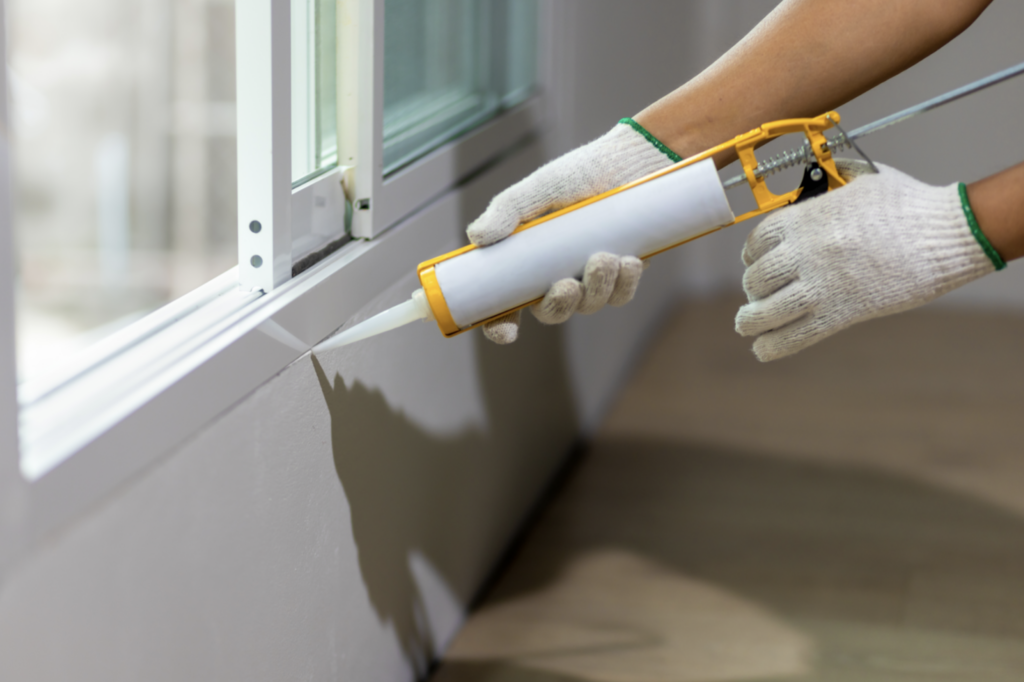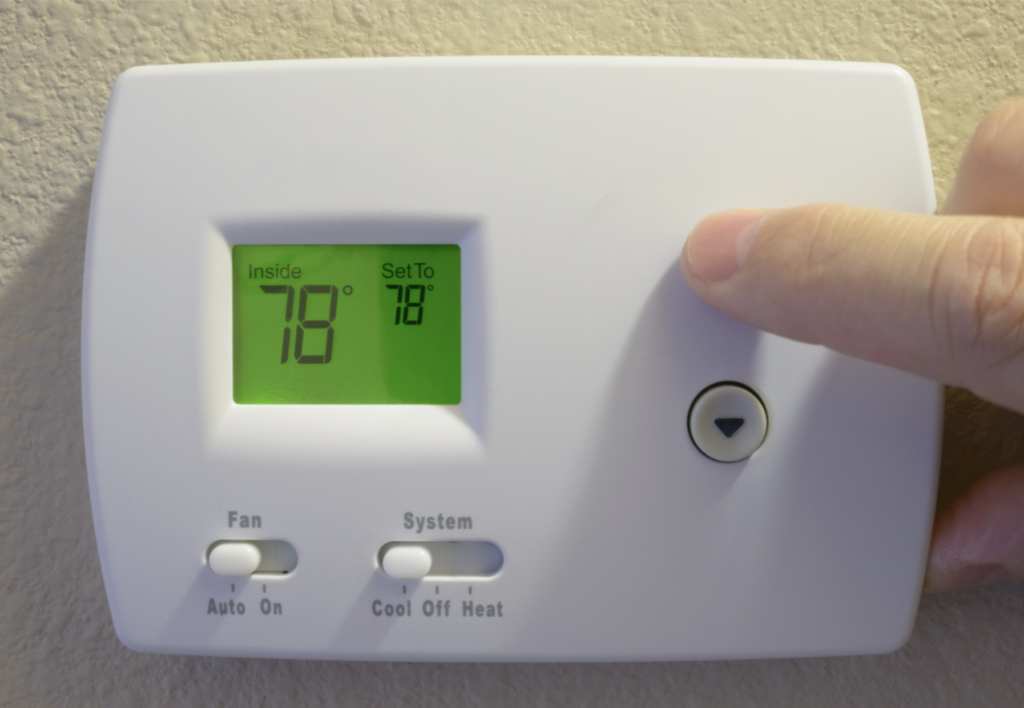Maintaining a comfortable home environment throughout the year is important, but keeping your heating and air conditioning (HVAC) system running smoothly can also impact your wallet. Did you know that nearly half of a home’s energy consumption goes towards heating and cooling?
By implementing a few simple strategies, you can significantly improve your HVAC system’s efficiency, leading to substantial cost savings on your utility bills. This article dives into the world of efficient heating and air conditioning, providing easy-to-understand information for homeowners in Gresham.
Efficient Heating and Air Conditioning Basics
An efficient HVAC system utilizes less energy to maintain your desired temperature, reducing your environmental impact and lowering your utility costs. Here’s a breakdown of the key factors:
- High-efficiency components: Look for systems with features like variable-speed compressors and electronically commutated motors (ECMs) that adjust their power usage based on demand.
- Proper system sizing: An HVAC system that’s too small will constantly struggle to keep up, while an oversized system will cycle on and off more frequently, wasting energy.
- Airflow optimization: Ensure your ductwork is properly sealed and sized to prevent conditioned air leaks and maintain smooth airflow throughout your home.
- Regular maintenance: Schedule annual inspections and tune-ups to keep your system running smoothly and efficiently.
DIY Steps for Efficient Heating and Air Conditioning
Change air filters regularly
Dirty air filters restrict airflow, forcing your system to work harder. Replace them every 1-3 months, depending on the filter type and usage.Clean vents and registers
Vents and registers need regular cleaning to avoid circulating dirt, debris, and dust. Check that furniture or objects are not blocking vents to ensure proper air circulation.Seal air leaks
Check around windows, doors, and attic access points for air leaks and seal them using caulk or weatherstripping. Other points around your home like attics, roofs, fireplaces, duct work, plumbing, and even electrical plates require added insulation and professional help. Oxbow is proud to offer residential HVAC services and maintenance.
Keep Outdoor Unit Free of Debris
Clean your gutters and trim plants near and around your outdoor unit. Plants and foliage contain a lot of moisture. Too much moisture on or around your system can greatly reduce its functionality.Tune Up Equipment Every Year
Similar to how your car benefits from regular maintenance to enhance fuel efficiency, yearly tuning of your HVAC system can boost its efficiency and increase your comfort levels. Read our AC Maintenance tips and download our checklist.Schedule Professional Maintenance
Regular maintenance helps reduce the likelihood of severe HVAC repairs in the future and can save you money. We recommend scheduling professional maintenance before the summer season and before the start of winter.Schedule a Home Energy Audit
A home energy audit is like a check-up for your house to see how it uses energy and where it might be wasting it. It’s a detailed look at everything in your home to find ways to use less energy, which means you can save money on your energy bills.How do I run my HVAC efficiently?
Appliance Use & Fans
First, try not to use appliances that will heat your home, like ovens and clothes dryers, during the hottest part of the day. Instead, use ceiling or portable fans to move air around. This trick makes your home feel cooler in summer without overworking your AC and helps spread warmth in winter.Thermostat
When it comes to setting your thermostat, a few adjustments can make a big difference. In summer, aim for 78°F during the day and bump it up a bit more at night. During winter, keeping it around 68°F while you’re awake and lowering it when you’re asleep or out can help save energy. Also, consider using a programmable thermostat. It can automatically adjust your home’s temperature based on the time of day or whether you’re there or not. Making small changes, like altering your thermostat by 2-3 degrees, can really help cut down on how much energy you use.
Professional HVAC Maintenance
Scheduling regular professional maintenance for your HVAC system is crucial for maintaining its efficiency and lifespan. A qualified technician can perform a thorough inspection, cleaning, and tune-up to:
- Identify and address minor issues: Catching small problems early on prevents them from developing into major repairs that can be costly.
- Optimize system performance: A technician can ensure your system is operating at peak efficiency, potentially reducing your energy consumption.
- Extend system life: Regular maintenance helps your HVAC system function smoothly for a longer period.
Energy Efficient Heating and Air Conditioning Systems
Upgrading to a more efficient HVAC system may be expensive at first. However, it can help you save money on your monthly bills over time.
Energy Efficiency in HVAC Systems
Find systems with high SEER ratings for cooling and HSPF ratings for heating to ensure efficient performance in both seasons. Depending on the age of your system, you could save 20-40% on energy bills by switching to an energy efficient HVAC system.
Understanding Efficiency Ratings
When looking at how well an HVAC system works, we use a few different ratings: SEER, EER, and HSPF.
SEER tells us how well the system is at cooling over the whole summer. If the SEER number is above 15, that means it’s performing well and using less energy. EER is another rating that is similar to SEER, but it’s measured in a lab to see how the system performs under perfect conditions.
HSPF relates to heating. If a heat pump has a high HSPF number, it means it heats up your home really well without using a lot of energy. These ratings help us figure out which HVAC systems are the best at saving energy and keeping our homes comfortable.
What to Consider When Choosing a System:
- Match the system size to your home: An HVAC system that’s too small will struggle to keep up, while an oversized system will waste energy. Consult an HVAC professional for a proper assessment.
- Energy Star certified systems: Look for Energy Star certified models that meet strict energy efficiency guidelines. These systems may also qualify for valuable government rebates.
- Consider advanced features: Variable-speed compressors, two-stage operation, and smart thermostats can further enhance efficiency and comfort.
- Rebates: Several government and utility companies offer rebates and incentives for purchasing energy-efficient HVAC systems. Explore available programs in your area to potentially offset the upfront cost of a new system.
Conclusion
Maintaining an efficient HVAC system is essential for a comfortable and cost-effective living environment. By following the tips in this article, you can improve your system’s performance and use less energy. Remember to:
- Perform regular DIY maintenance: Change air filters, clean vents, and seal air leaks.
- Utilize strategic temperature control: Adjust your thermostat based on the season and occupancy.
- Schedule professional maintenance: Annual tune-ups can identify and address potential issues before they become major problems.
- Consider upgrading to an energy-efficient system: Look for Energy Star certified models with high SEER and HSPF ratings.
For expert advice and professional assistance with your HVAC system, contact an Oxbow HVAC contractor. Our experts will evaluate your needs, suggest solutions, and keep your home comfortable and energy-efficient all year round.
Professional HVAC maintenance costs can vary depending on the provider, the specific services included, and the region. Typically, a maintenance visit may include tasks such as inspecting and cleaning components, checking refrigerant levels, lubricating moving parts, and ensuring proper airflow. Costs can range from $75 to $200 or more per visit, but some companies offer annual maintenance plans for additional savings.
Yes! Learn about federal rebate programs like HOMES and HEAR, designed to help Oregonians make homes more energy efficient. These programs offer rebates for performance-based upgrades and the installation of high-efficiency electric appliances. But there's more to explore, including income restrictions, eligibility criteria, and the timeline for availability. Click here to read more about how you can save on energy bills while reducing your environmental impact. Read more
Let's talk about some of the advanced features that can make your HVAC system more efficient and comfortable. Variable-speed compressors, for instance, adjust their output based on your home's heating or cooling needs, which can lead to energy savings and more consistent temperatures. Two-stage operation is another great feature that allows your system to run at a lower capacity during milder weather, reducing energy consumption. And then there are smart thermostats, which offer programmable settings and remote access, giving you greater control over your HVAC system and potentially lowering your energy bills. These features not only improve comfort but can also qualify you for additional rebates or incentives for choosing energy-efficient HVAC systems.





